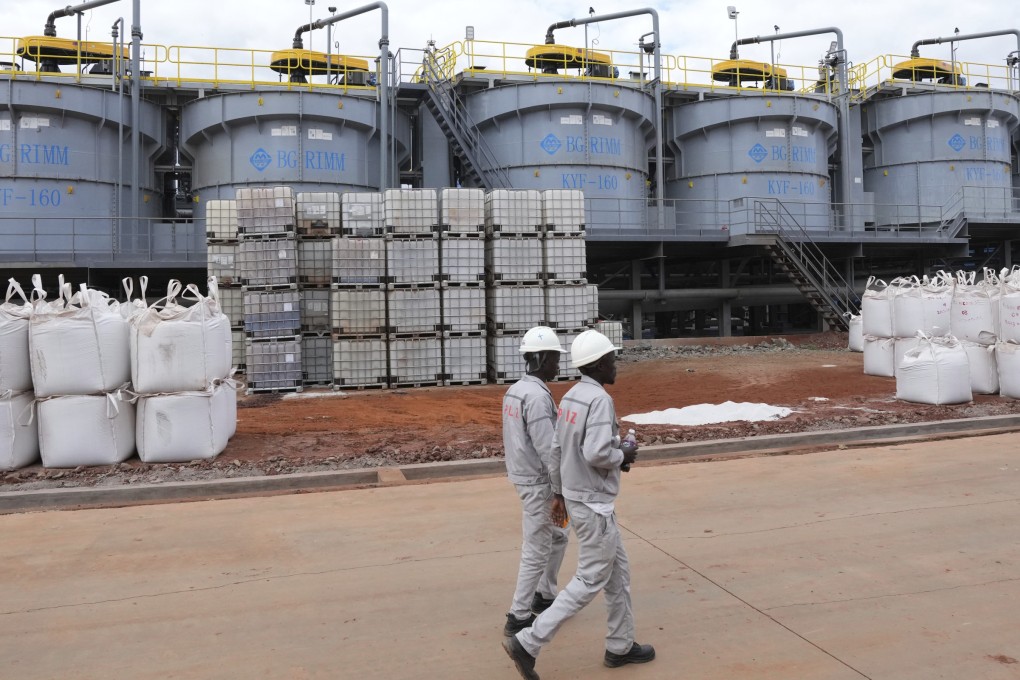Opinion | Why US national security and its green energy transition depend on mining seabed for rare minerals
- The US can strengthen national security and increase economic output by onshoring the processing and refining of valuable minerals on the sea floor close to home
- It should not rely on China for its supply of rare minerals for both sensitive military hardware and technologies required to fuel a sustainable future

Despite the shift away from the social and environmental costs of land-based mining, nations and stakeholders at the International Seabed Authority (ISA) chose after intense debate to postpone making a ruling on the fate of the planet’s oceans until 2024.
Deep-sea mining was at the centre of extensive debate leading up to this pivotal ISA meeting. In all, 21 governments and numerous non-governmental organisations called for either a ban or a moratorium on seabed mining.
The convergence of the mining voices was prompted by Nauru, a Pacific Island nation. In 2021, it announced its intention to transition from exploration to exploitation under a controversial two-year loophole, calling for an ISA ruling now to finalise and adopt regulations for deep-sea mining.


